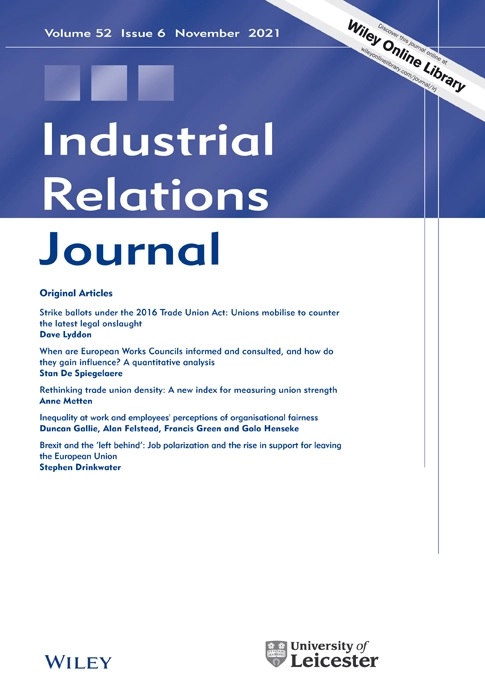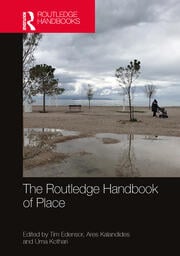The qualitative strand of this work package explores how the circulation of ideas, arguments and discourses within local civil society has contributed to the rise of populism and polarisation of politics in Britain and the United States, and what part civil society can play in addressing social and political polarisation. We are examining the relationship between polarising viewpoints at local community and national levels and the role civil society plays at engaging communities in these issues. This research involves a number of in-depth case studies through interviews, focus groups, participatory methods and ethnographic fieldwork. In preparation, we are conducting an overview of the dynamics of polarisation reproduced in local communities by identifying examples of reported local-scale polarisation through secondary sources and online interviews. This will be followed by comparative research in New Hampshire and Vermont in the United States, in collaboration with Dr Cheryl Morse at the University of Vermont.
The quantitative aspect of this work package focuses on the causes of the Brexit vote using large scale survey data. The research undertaken thus far has examined the impact of different sets of factors including regional variations, the roles played by attitudes towards immigration and national identity and how job polarisation stimulated increased support for Brexit. Initial findings based on data from the British Social Attitudes Survey indicate that the main determinants were attitudes towards immigration and levels of education, with some political and media variables also having an influence. Age and economic variables do not have a large impact once other influences have been accounted for. In addition, those individuals and areas that have ‘fallen behind’ as a result of globalisation and (skill biased) technological change were significantly more likely to support Brexit. Future plans include to examine how Brexit voting varied within households using data from Understanding Society.
Qualitative Analysis:
Aberystwyth University and Cardiff University
(Professor Mike Woods, Dr Rhys Dafydd Jones, Dr Flossie Kingsbury, Amy Sanders)
Quantitative Analysis:
Swansea University and University of Roehampton
(Professor David Blackaby and Professor Stephen Drinkwater)








